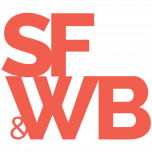TCL LIVE | Busted? OLAM’s Troubles in Nigeria
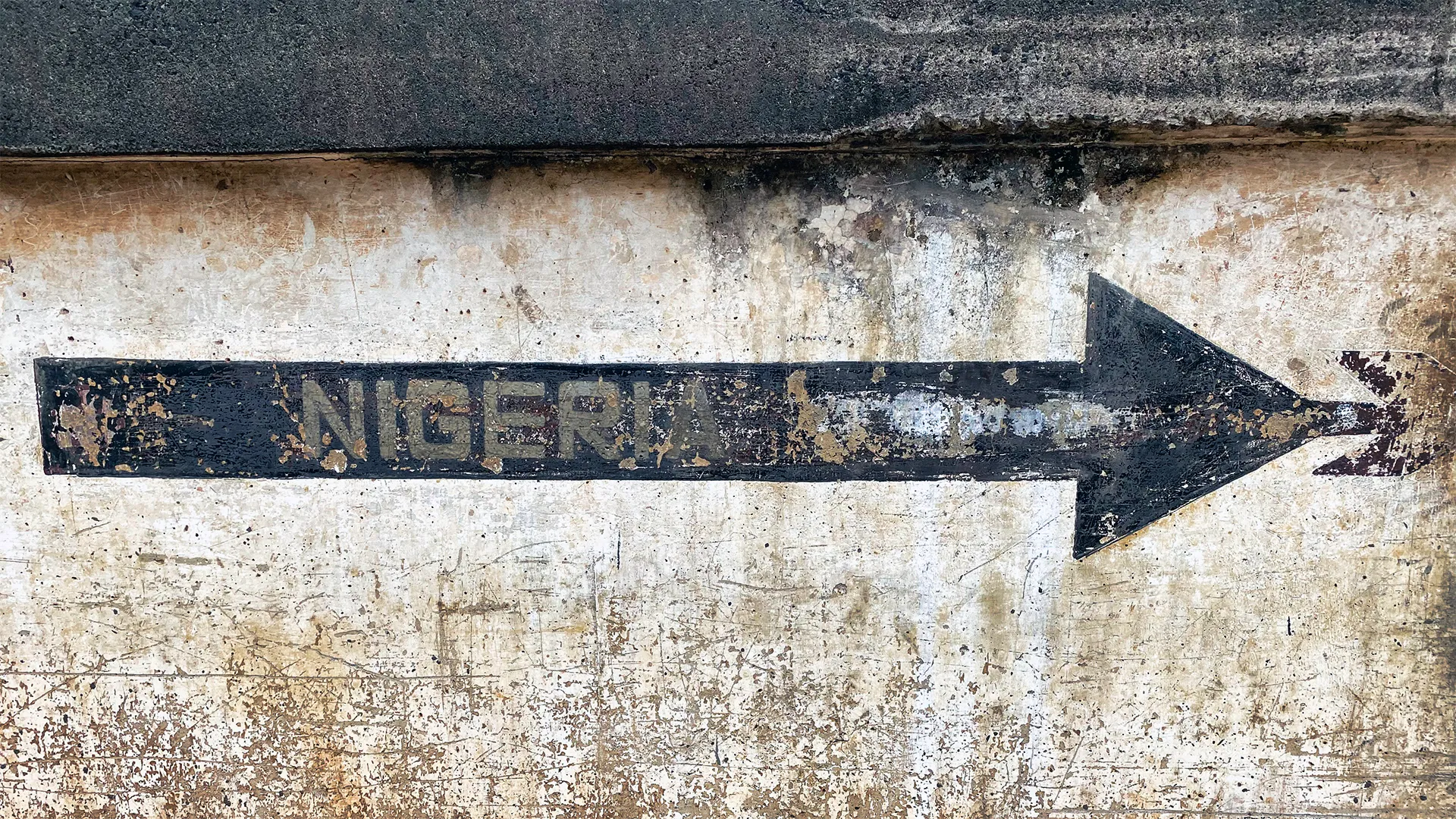
Episode 132 of #TheChocolateLifeLIVE is LIVE from 10:00 AM PDT / 1:00 PM EDT on Friday, September 15th.
Watch on my LinkedIn profile.
Watch on TheChocolateLife page on Facebook (live event).
Episode Overview
In this episode of TheChocolateLifeLIVE we will be introducing participants to a breaking scandal of major proportions that is rocking the worlds of big cocoa and big chocolate. To wit: The Nigerian subsidiaries of Olam International – a Global 500 company and one of the largest cocoa traders in the world – stand accused of massive financial fraud.
OFI (Olam Food Ingredients) is a wholly-owned subsidiary of Olam International and is one of the world’s largest cocoa traders.
Listed on the Singapore stock exchange, Olam International’s major investors include the Singaporean government’s investment fund Temasek Holdings and Mitsubishi Corporation (Japan).
Olam’s beginnings are rooted in a dynastic family business, Kewalram Chanrai Group (“KCG”), founded in India in the mid-19th century. For decades, KCG did business in Nigeria as the owner/operator of department stores selling mostly household goods and electronics.
In the 1980s, the Nigerian Central Bank changed its foreign exchange (Forex) policies, forcing KCG to change the way it did business in Nigeria if it wanted to export cash to its owners outside of Nigeria.
From Wikipedia: In 1989, the Kewalram Chanrai Group established Olam Nigeria Plc to set up a non-oil-based export operation out of Nigeria to secure hard currency earnings to meet the foreign exchange requirements [for international companies with operations] in Nigeria. The success of this operation resulted in Olam establishing an independent export operation and sourcing and exporting [other] agricultural products. The Group's agri-business was headquartered in London until 1996, and operated under the name of Chanrai International Limited. The business began with the export of cashews from Nigeria and then expanded into exports of cotton, cocoa, and shea nuts from Nigeria.
VERY recently, Nigeria’s State Security Service (“SSS,” aka Department of State Services, “DSS”) have alleged that Olam Nigeria Ltd and its subsidiaries perpetrated a scheme to defraud the Nigerian government of revenues associated with foreign exchange transactions.
In a chain of round-tripping foreign exchange deals since 2015, the company, through its Special Purpose Vehicles (SPVs), booked about US$34 billion with the Central Bank of Nigeria (CBN), as capital importation at official rates.
But instead of investing the money into the Nigerian economy, sources said the company round-tripped the Forex and sold to business men, especially oil and gas marketers and industries at parallel market rates.
Although some of the companies have fictitious Nigerians as directors, the accounts are solely managed by [directors of Olam], some of whom are based in Europe and Asia.
Olam vigorously denies that it has done anything that is not strictly by the books.
However, sources inside Nigeria tell me that the allegations are almost certainly provable if the case were ever to go to court. In the meantime, one of the local directors of Olam Nigeria Ltd has posted an N1 billion (Naira) appearance bond (about US$1.3 million). My sources also say that the proceeds of the scheme are likely no longer in the country, perhaps scattered among financial safe havens or in Singapore. Should a settlement agreement as a part of a consent decree be reached, this might make the repatriation of the disgorgement of profits more challenging.
When I was in Nigeria (in Ikom in Cross River State) in September 2021, I had conversations with the head of the cocoa producers’ union about some of the internal market dynamics in Nigeria. I was told that Olam is a (if not the) dominant player in cocoa in Cross River, if not in all of Nigeria, and it uses its dominance to influence the prices it pays to farmers. One of the ways they do this, I was told, is allegedly predatory micro-lending practices that may consist of cash and/or agricultural inputs such as fertilizers or pesticides to individual farmers who are then obligated to sell the cocoa to Olam. When the farmer goes to sell the cocoa to Olam, they may find that the amount they are actually paid is much lower than what was “promised.”
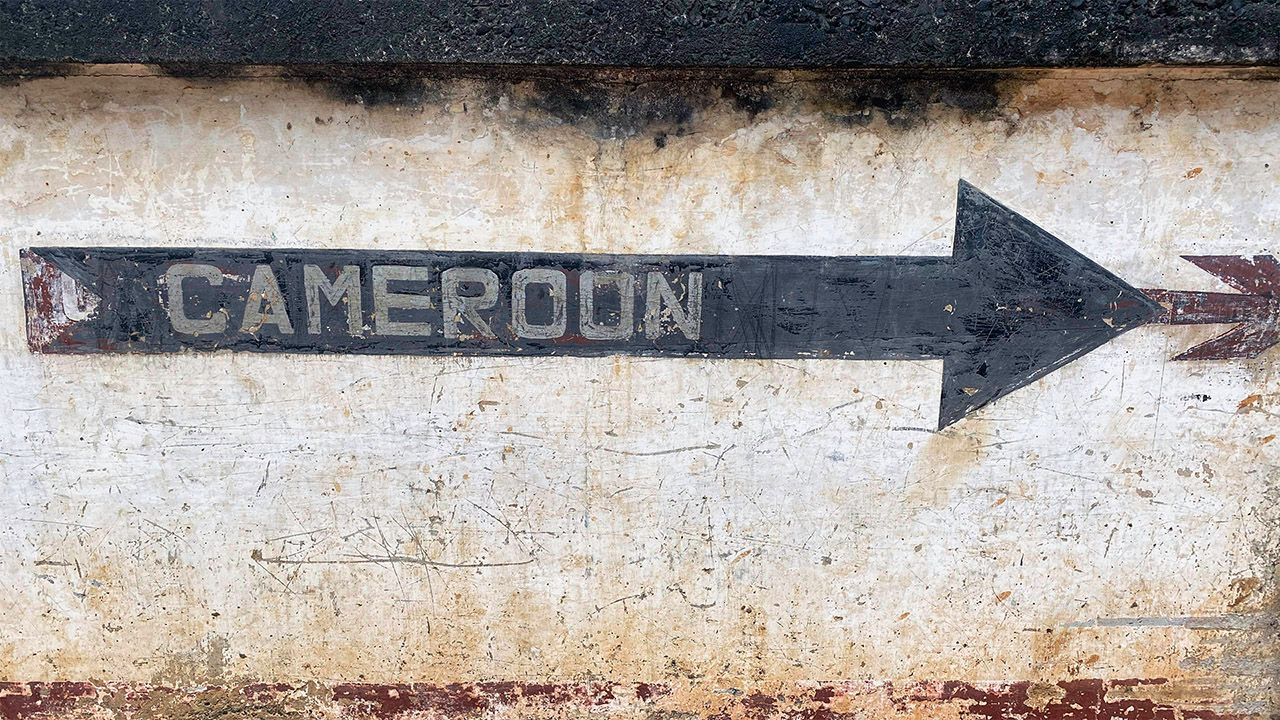

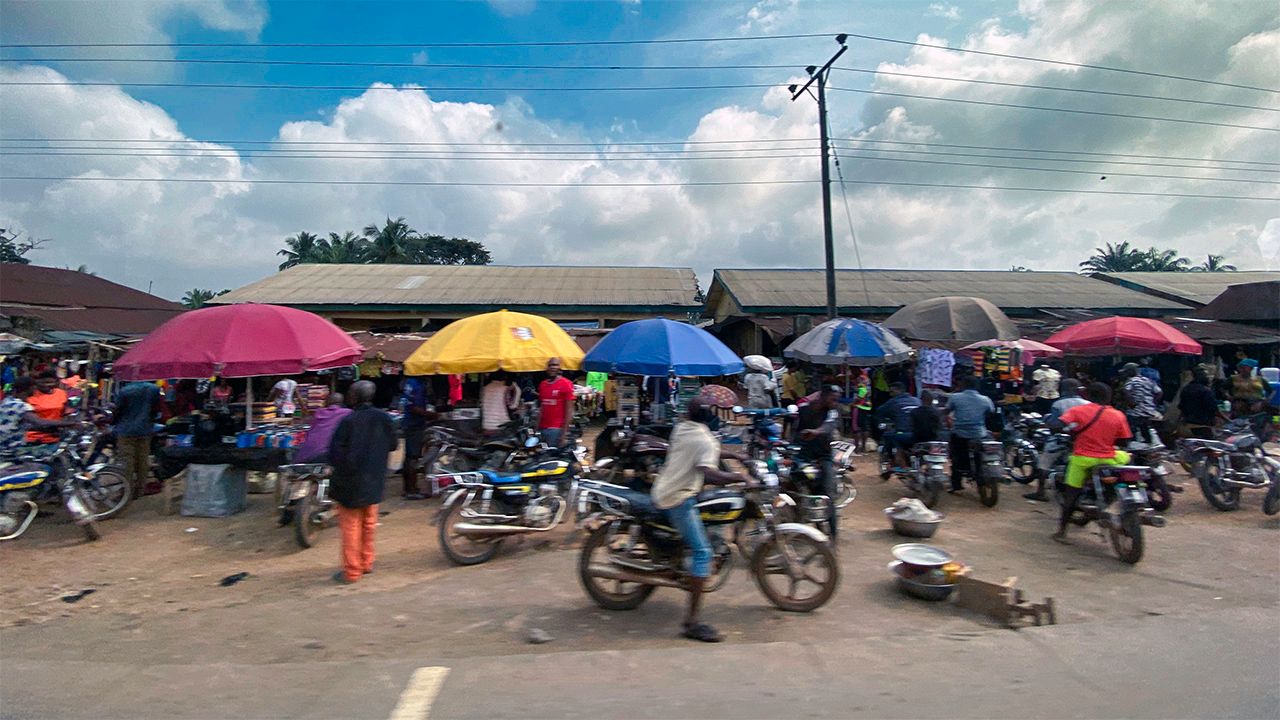
While illegal child labor and slavery are not widespread in Nigeria (if present at all), practices like the ones Olam is alleged to have perpetrated serve to keep tens if not hundreds of thousands of Nigerian farmers – and perhaps millions of farmers in other countries where Olam sources agricultural commodities – mired in poverty, while the owners of the company and its investors pocket billions in profits by unfairly taking advantage of their superior financial and power positions.
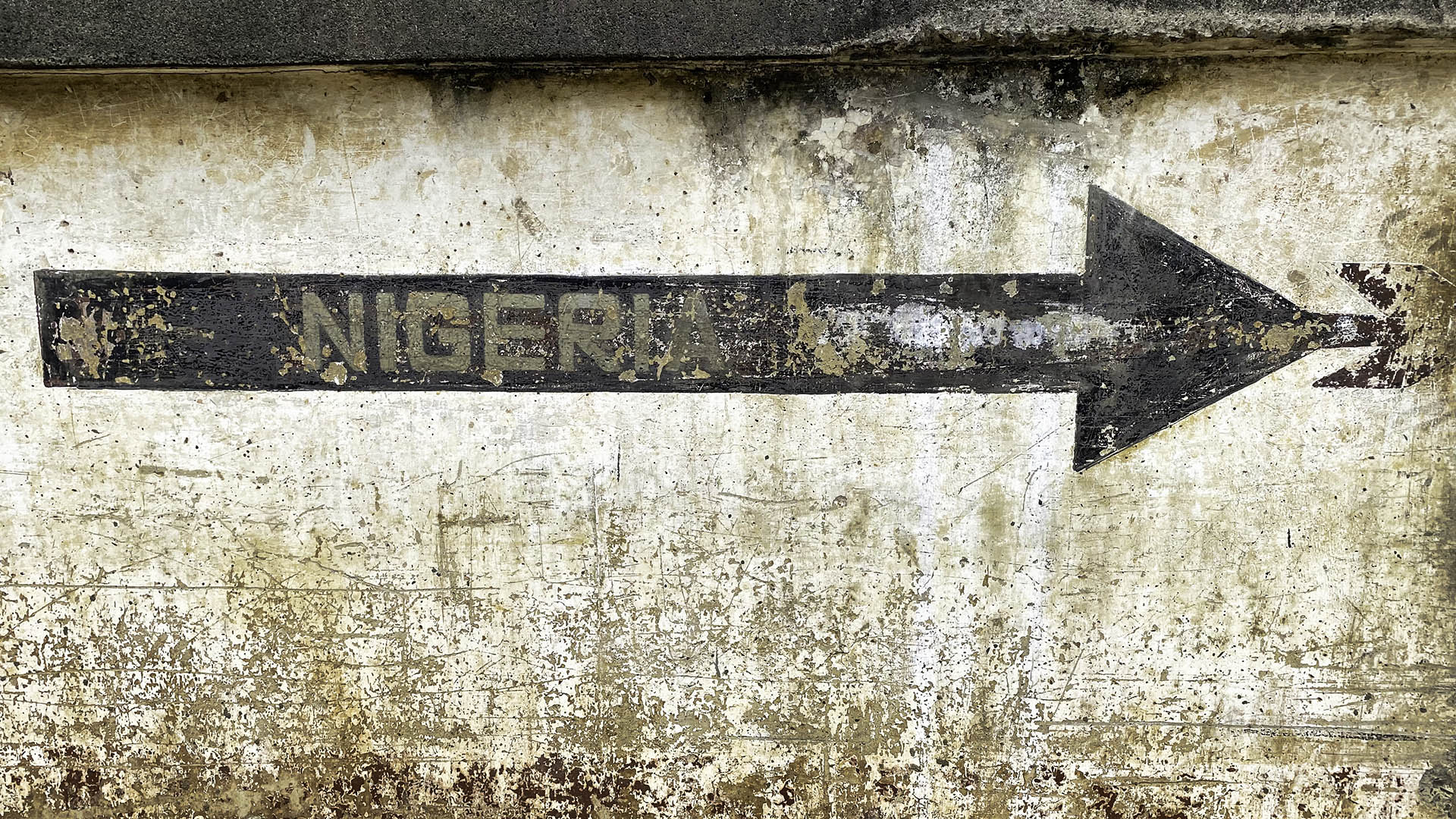
Links & Resources
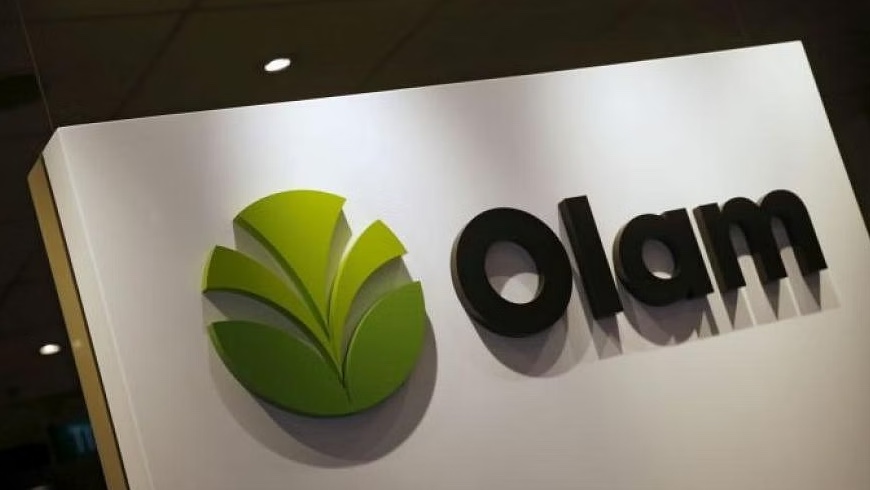

/cloudfront-us-east-2.images.arcpublishing.com/reuters/WHXR5EU6MZILLKVQ5JWFGDXFBI.jpg)






Murli Kewalram Chanrai – Heads Kewalram Chanrai Group (“KCG”), one of 5 companies spun off from 150-year-old Chanrai family empire. KCG has interests in textiles, commodities, and real estate. Its Olam Food Ingredietns subsidiary is the world's largest trader of cashews and second-largest trader of cocoa.

Still More ...


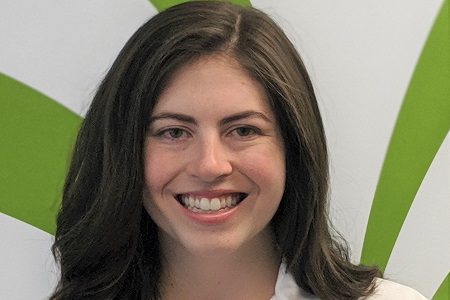
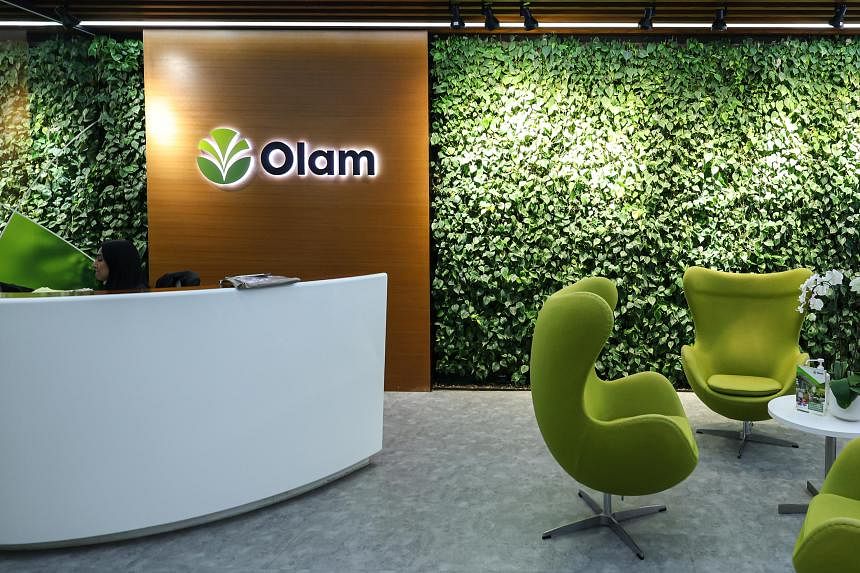
Questions? Thoughts? Contribute!
As always, I will be taking questions and comments during the livestream.
If you want to share your thoughts and/or questions in the comments below before the livestream begins, add them in the comments below.
Hashtags
#OLAM #OFI #FOREX #foreignexhange #fraud
#chocolate #craftchocolate
#cacao #cocoa #cacau
#TheChocolateLife Live #LaVidaCocoa
Want to create programming like TheChocolateLifeLIVE? Use the platform I use – check out StreamYard. (Affiliate link – sign up at no additional charge to you.)










